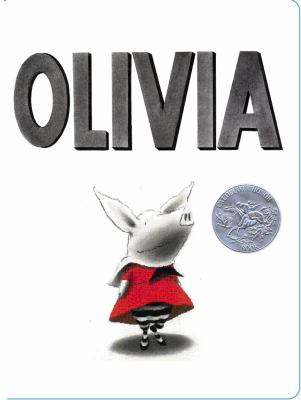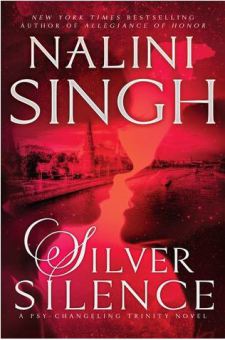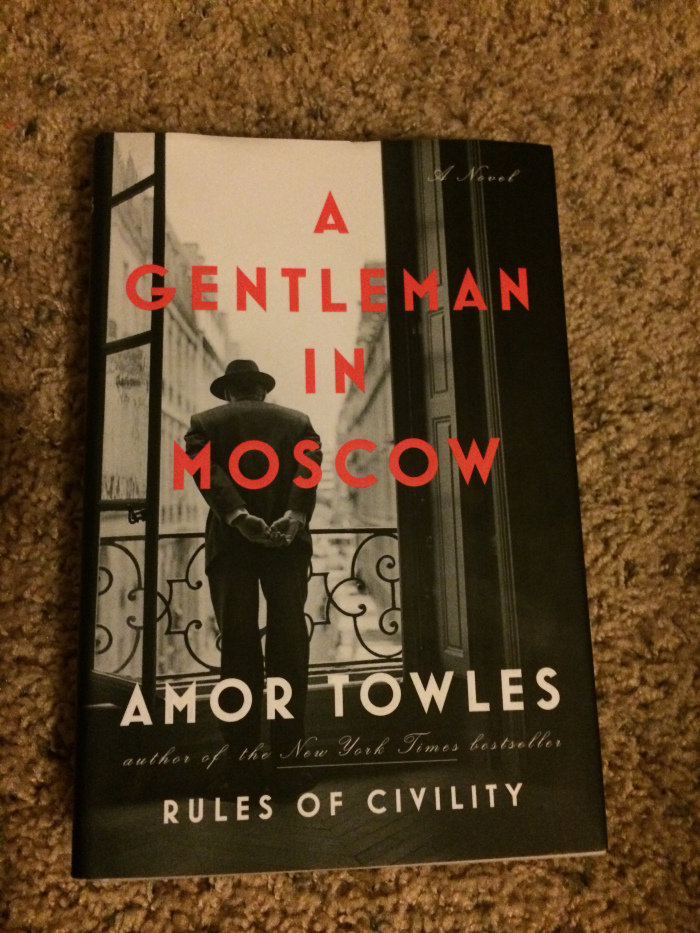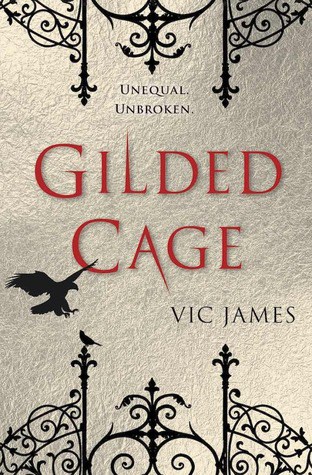Two books this month. That’s it! Could’ve been three, but I couldn’t finish one of them in time. November was busy; first, a week in Japan, where I thought I could easily finish multiple books on the long flights to and from Tokyo, but I foolishly assumed none of the in-flight movies would be worth watching/killing all of my time with. This was followed by frantically gathering paperwork to apply for a Really Great Employment Opportunity, preparing for interview for the Employment Opportunity, passing said interview, and frantically gathering even more paperwork in order to secure the Really Great Employment Opportunity during the post office’s busiest time of the year.
At first I was kind of embarrassed to be writing this post having only read two books which is half of why it took me so long to get around to doing this (the other half is, honestly, just laziness). But then I remembered that although I’m sharing this project of mine with the public, it was really never about proving anything to anybody. Nor was it ever about how many books I could read in a year. I’ve gotten comments from friends and family who’ve been following this project about how they’d like to read as much as I do or wish they could read as quickly as I do. And that makes me sort of sad, because while I like to share books/my thoughts on books with people, I never intend to make people feel like they don’t read enough (unless, of course, you’re like our current President and not reading at all, in which case you really aren’t reading enough). I just like reading and talking about books, and I wanted to share that with people — be they family, friends, or friendly internet strangers — who are willing to listen. Or, even better, have a conversation about these books with me.
The two books I read in November both happen to be recommendations from friends that I got when I reached out in a Facebook post a while back for suggestions on what to read. If you’re reading this and you made a suggestion and your book isn’t one of these two, please know that my local bookstore and library are very small and I did look for your suggestions but couldn’t find them. Chances are I will get around to them soon, as every one of the books recommended to me on that post piqued my interest, and I’m always looking for something to read.
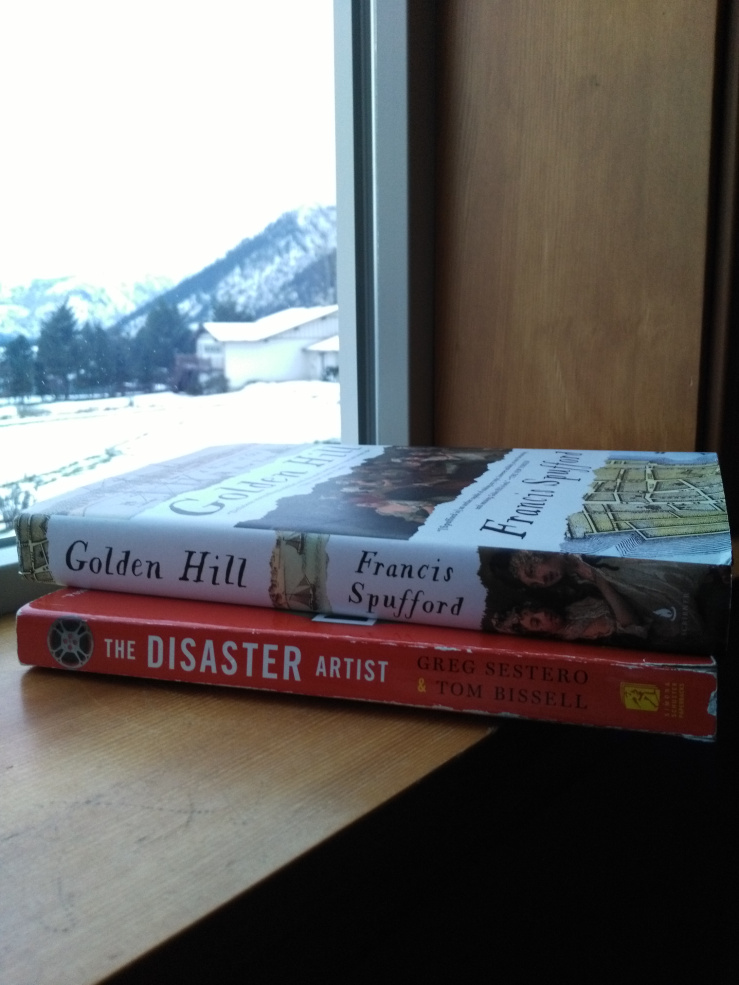 November reads, in chronological order:
November reads, in chronological order:
The Disaster Artist | Greg Sestero & Tom Bissell
This is hands down the funniest book I’ve read all year, and a must-read if you’ve ever seen The Room and wondered “how in the hell did a movie like that ever get made?”. I would say all the answers are here in this book, but they’re not, as I’m not sure anyone will ever fully understand the writer, director, producer, and star of the film, Tommy Wiseau. Enough has been written about Wiseau that I won’t go into detail about him, and articles about him are even more widely available right now because a movie based on this book is currently in theatres. However, I will say that reading this book makes Wiseau a lot more human, which is better treatment than he usually receives from articles or videos about him. And fundamentally, aside from all the good laughs it provided, that was my favorite part about this book. Wiseau is undoubtedly quite the character, to say the least, and it’s easy to dismiss him as kind of a freak show if you’ve ever seen The Room. But after reading this book, and seeing Greg Sestero’s friendship with Wiseau unfold over the years, he becomes a sympathetic, albeit frustrating, and even sometimes inspiring person. More than that, this book offers a much-desired look behind the scenes at the making of this cult classic and the chaos that borne it and shaped it. If you’re looking for a quick read that’ll make you snort laughing in public (which, true story, happened to me on the Tokyo subway), this is the one. Though you should probably see The Room first.Golden Hill | Francis Spufford
This book initially gave me whiplash; after just having read The Disaster Artist, I then tried throwing myself into pre-Revolutionary War New York City. Luckily, that’s the only complaint I can find about this book, and it’s no fault but my own. First of all, Spufford clearly knows his stuff, and his descriptions of young NYC are so vivid and alive you quite honestly feel transported there (which is an element of all great historical fiction). It follows the adventures of a strange Mr. Smith, who arrives in the colonies from England with an order for a large sum of money in his pocket. He won’t divulge any information about his past or his business being in the states, and that leads people to hate him, to lust after him, and something in-between that might be called befriending him, in one case. This is a book with so many twists and turns at such carefully placed intervals that eventually you come to realize that you and Mr. Smith will never be comfortable for long. I wish I could say more about this book without giving away what exactly these twists and turns are, but I will say that I’m convinced Spufford is a genius and if you enjoy historical fiction this should be at the top of your to-read list. Race factors into this novel in an interesting way as well, functioning not just as an obligatory background element. Golden Hill is a historical novel set in old New York that doesn’t shy away from the harsh realities of the time (slavery, white supremacist rallies, gender roles… wow, sounds like 2017, actually), but is ultimately a triumphant and riveting tale of a narrator so loveable and bright you almost forget you’re supposed to be suspicious of him. Advertisements Share this:
